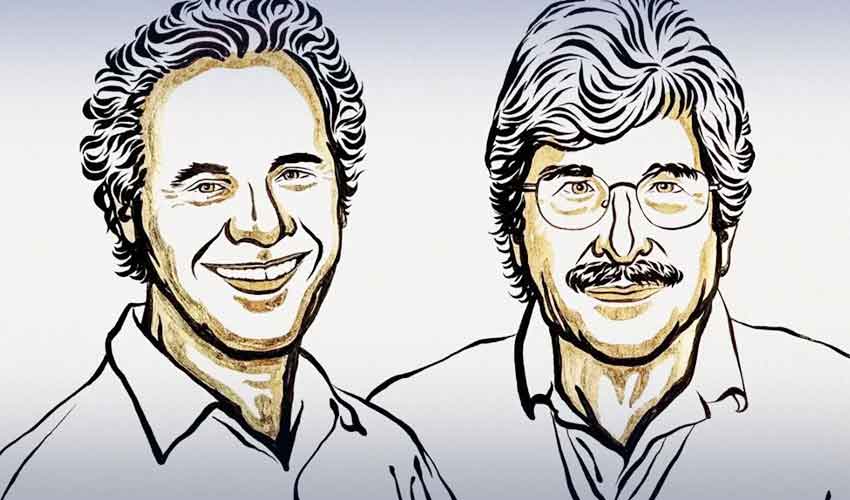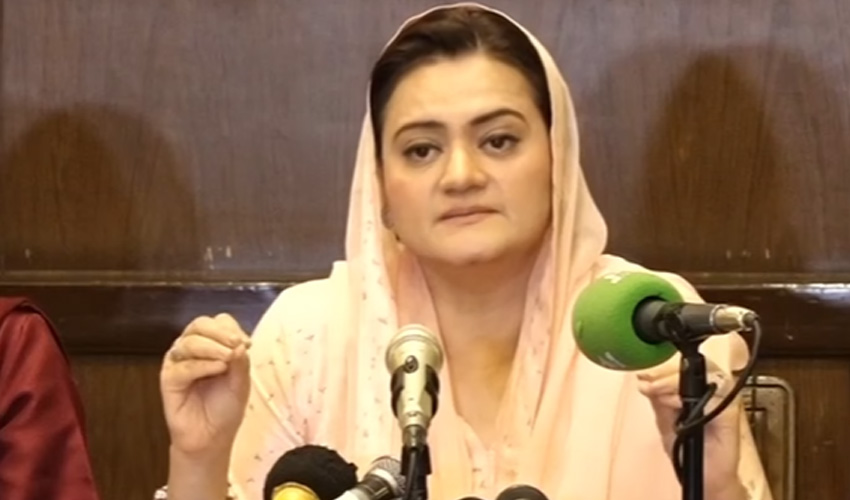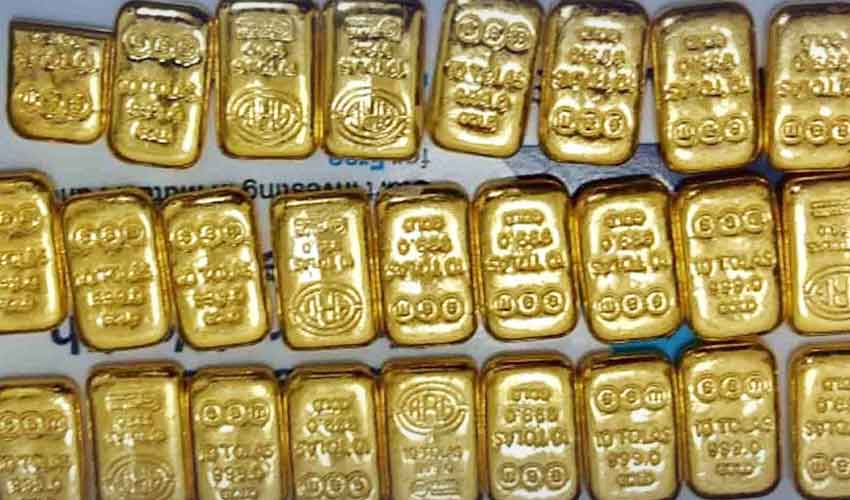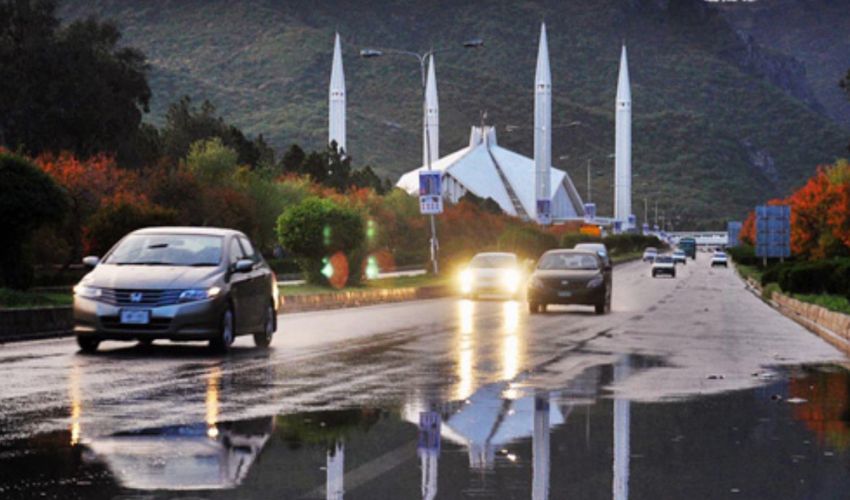As every year, the medicine prize is the first in the crop of Nobels, arguably the most prestigious prizes in science, literature and humanitarian endeavour, with the remaining five set to be unveiled over the coming days.
Created in the will of Swedish dynamite inventor and businessman Alfred Nobel, the prizes have been awarded for breakthroughs in science, literature and peace since 1901, while economics is a later addition.
Different institutions award the prizes in the various fields, with Peace being the only one awarded in Oslo rather than Stockholm, possibly as a result of the political union that existed between the two Nordic countries when Nobel penned his will.
Past winners of the Nobel medicine prize include many famous researchers such as Ivan Pavlov in 1904, most known for his experiments on behaviour using dogs, and Alexander Fleming, who shared the 1945 prize for the discovery of penicillin.
Last year's medicine prize was awarded to the runaway favourites Katalin Kariko, a Hungarian scientist, and U.S. colleague Drew Weissman, for discoveries that paved the way for COVID-19 vaccines that helped curb the pandemic.
Steeped in tradition, the science, literature and economics prizes are presented to the laureates in a ceremony on Dec. 10, the anniversary of Alfred Nobel's death, followed by a lavish banquet at Stockholm city hall. Separate festivities attend the winner of the peace prize in Oslo on the same day.


























